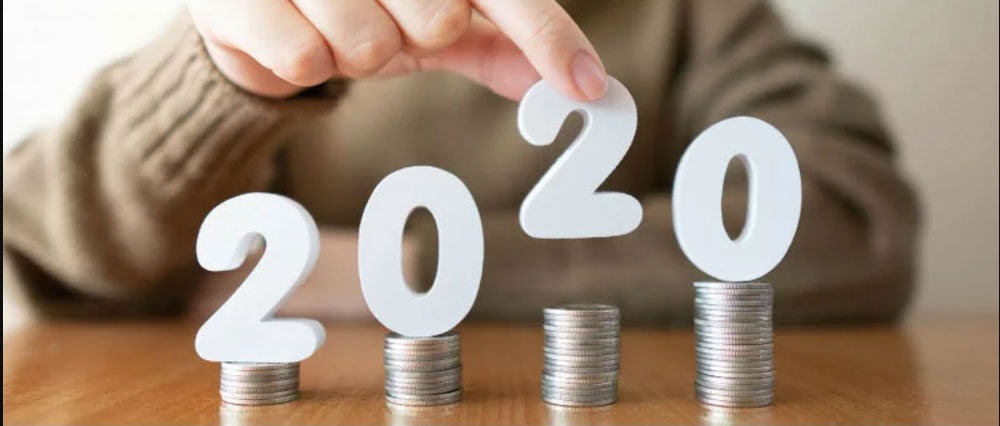
What you need to know before you file?
Let’s face it, having a trusted accountant and tax preparer can help to make tax-filing less and less painful even for the do-it-yourselfers.
Still, whether you’re outsourcing the work to an algorithm or an accountant, it’s always a good idea to know when deadlines fall and what’s new every year.
Here’s our guide to the 2020 tax season:
1. When is the deadline to contribute to my RRSP?
Since March 1 falls on a Sunday this year, the cutoff this year is March 2.
Remember, you can put money into your registered retirement savings plan (RRSP) any time. But if you want to get a tax refund for your RRSP contribution with your 2019 return, you must add the funds by the March deadline.
2. When’s the tax-filing deadline?
As usual, April 30 is the date most Canadians need to keep in mind. For most tax filers, this is the deadline to both pay any tax due and file returns.
If you’re self-employed, this year you have until June 15 to file. Remember, though, that if you owe taxes, you still need to pay up by April 30.
If you’re late to either settle your balance or send in your paperwork, you’ll face late-filing penalty and daily interest charges on any taxes owed.
3. When’s the earliest I can file?
If you just can’t wait to get that big refund, know that the Canada Revenue Agency (CRA) will start accepting electronic returns on Feb. 24.
Most people want to skip the tax-processing queue because they anticipate getting money back. But having a big tax bill is also a good reason to file early. That allows you to set up a plan to pay your tax in installments. The more you manage to pay by April 30, the fewer extra charges you’ll face.
Still, there are potential drawbacks with filing too early. Many of the tax slips you need to file your return are due March 2, so it’s not a good idea to file before then unless you’re sure you’ve received all of them.
Also, it usually takes until mid-March for tax slips and other information the CRA has on file to become available through its autofill my return feature, which allows you to automatically fill-in part of your return.
Newsletters
No Results Found
The page you requested could not be found. Try refining your search, or use the navigation above to locate the post.
Events & Sponsorship
No Results Found
The page you requested could not be found. Try refining your search, or use the navigation above to locate the post.
Articles & Publications
Reporting income from Airbnb
Reporting Income from Airbnb Like other, more traditional, rentals, the Canada Revenue Agency (CRA) has specific rules surrounding the declaring of rental income, which you should become familiar with as soon as possible. What you need to know about earning income...
What is Income Splitting?
What is Income Splitting? By definition, income splitting involves diverting dividend income (and certain other types of income) from one family member to another member in a lower tax bracket resulting in substantial tax savings. By way of example, let’s take the...
Real Estate Tax Update
Real Estate tax update Canada Revenue Agency (CRA) has taken substantial changes to control real estate transactions. In recent years, CRA has increased its real estate audits, particularly in the Greater Vancouver and the Greater Toronto areas, where increased real...
Snowbirds
Snowbirds, March 1, 2019 The age-old Canadian tradition for retirees: when it starts getting cold outside, Canadians will “flock” to the warmer shores of the United States. Are there any tax considerations in the United States we need to be aware of when your retired...
Beware of scammers posing as CRA employees
Beware of scammers posing as CRA employees. Scammers posing as Canada Revenue Agency (CRA) employees continue to contact Canadians, misleading them into paying the false debt. These persistent scammers have created fear among people who now automatically assume that...